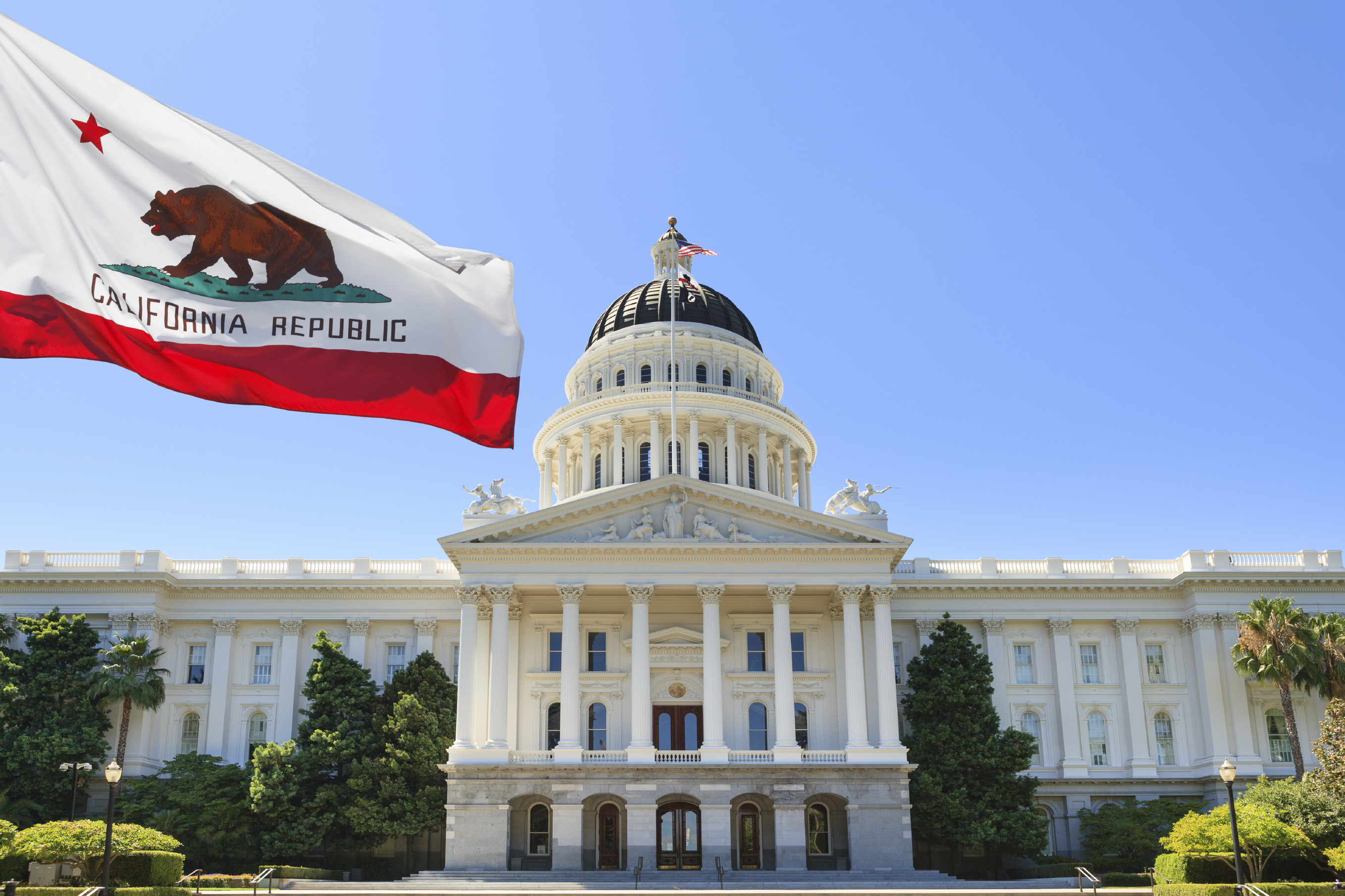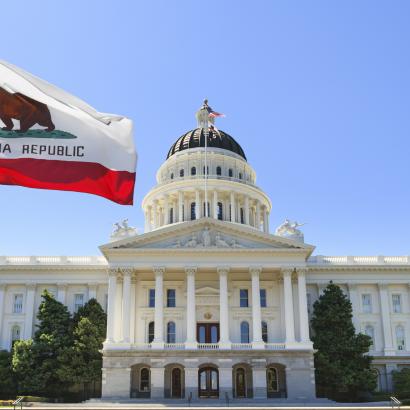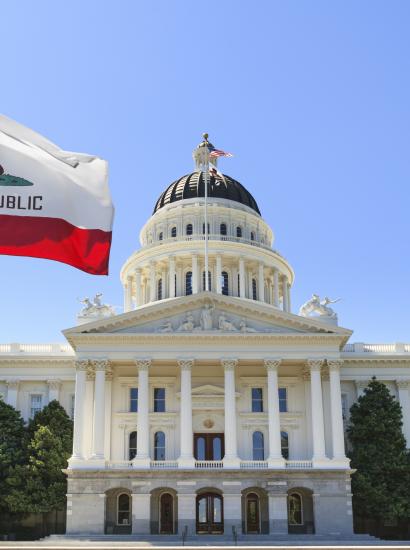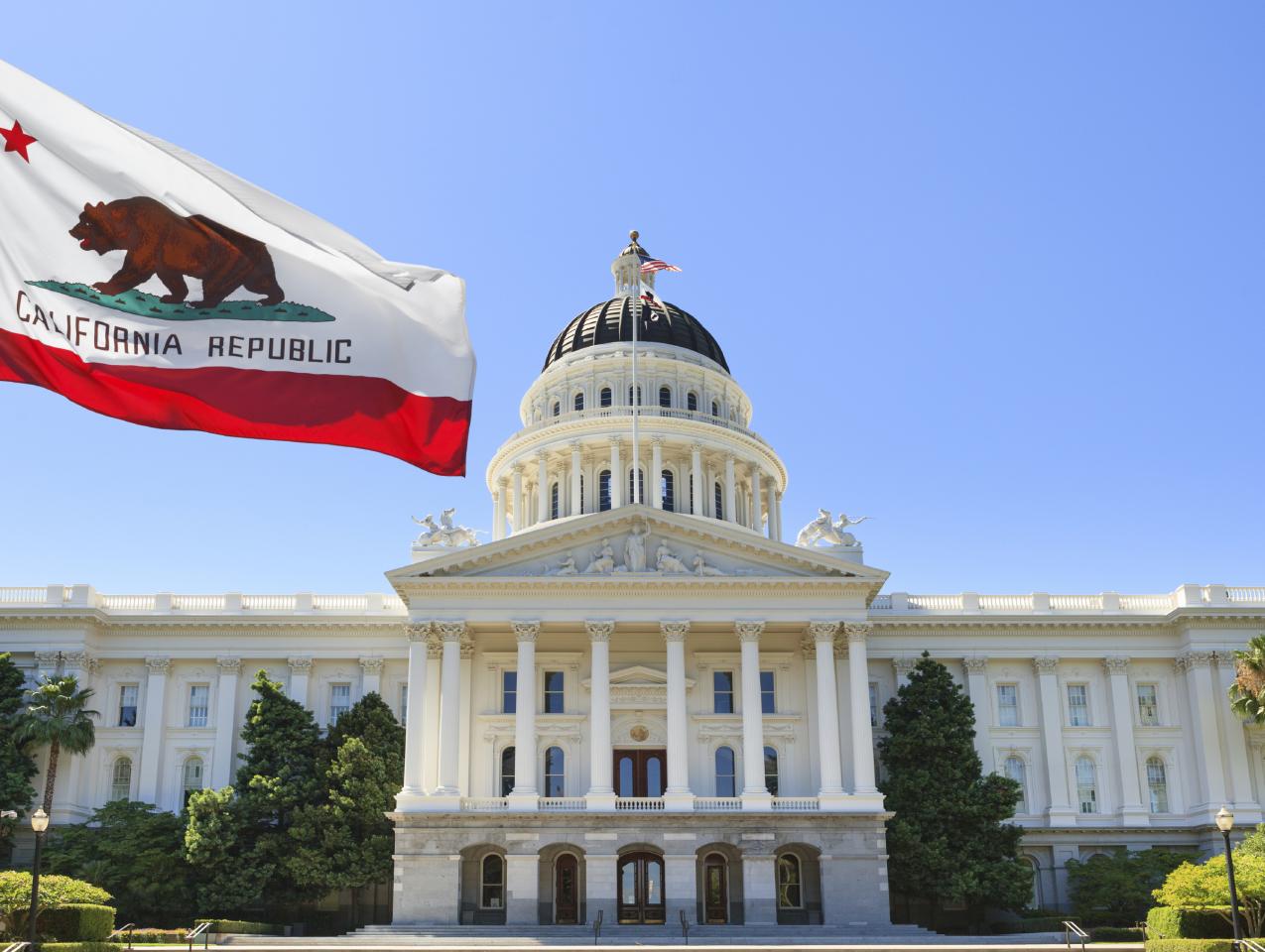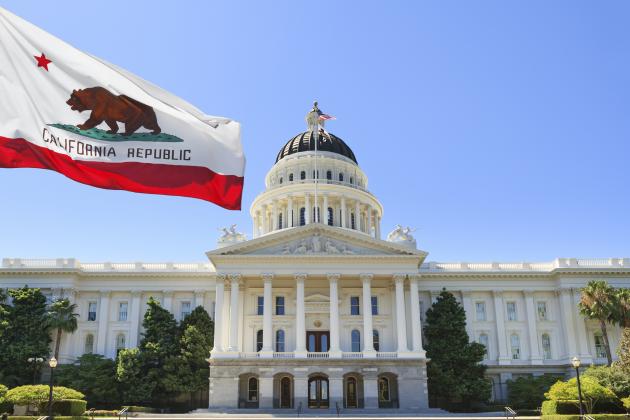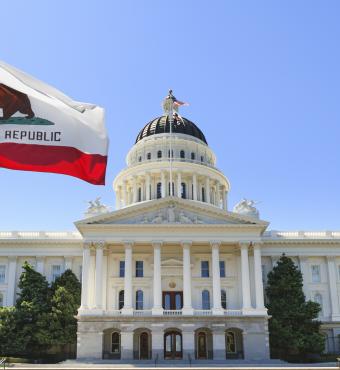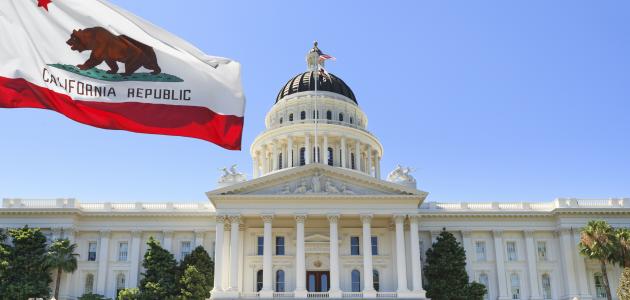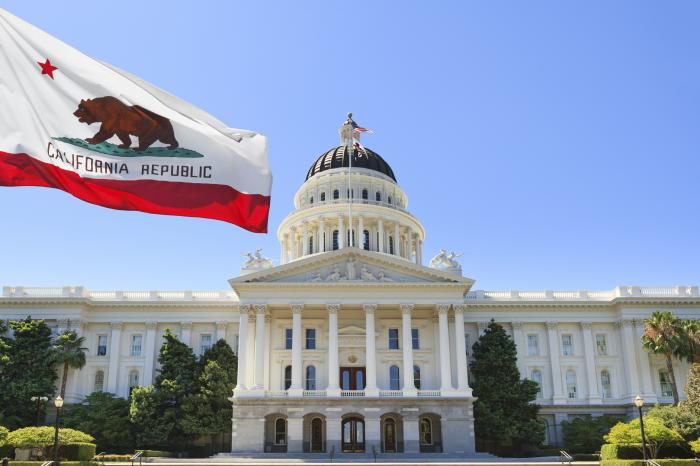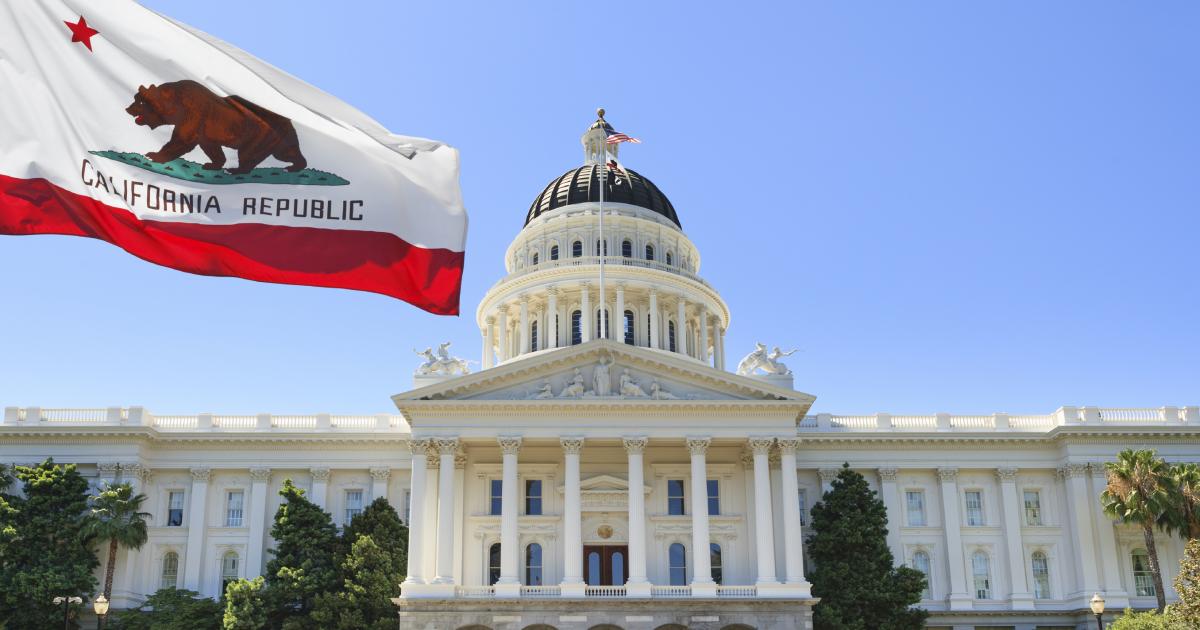- Politics, Institutions, and Public Opinion
- State & Local
- California
For a brief moment last week, there was an unlikely hero in Sacramento.
His name: Bob Wieckowski.
You’re forgiven if you’ve never heard the name before, especially if you don’t follow the inner workings of the California State Legislature or live in the immediate vicinity of the San Francisco Bay Area.
Mr. Wieckowski is currently in his second term in the California State Senate, representing the 10th Senate District (it stretches from southern Alameda County into tech-centric Santa Clara County).
The senator’s moment of bravery: he was the only member of the state legislature (that includes both the state senate and the state assembly) to vote against a legislative plan to clean up dirty drinking water in California’s poorest communities.
Wieckowski’s objection isn’t about the nobility of reintroducing potable tap water to about one million residents of California’s small towns and unincorporated communities. Instead, his concern is the bill’s inclusion of $100 million from the state’s Greenhouse Gas Reduction Fund and another $33 million from California’s general fund to get the job done.
Moreover, it’s not a one-time diversion of funds. The bill also seeks to use up to 5% of California’s cap-and-trade proceeds—as much as $130 million annually—for clean-water projects through the end of the next decade.
Before we go any further, let’s qualify that the real-life Senator Wieckowski is not to be confused with the fictional Senator Jefferson Smith of Frank Capra fame.
Yes, Wieckowski didn’t score points with the governor or his fellow legislators for his lone defiance. You might expect an outlier Republican, sitting in one of the chambers’ two decidedly minority caucuses, to buck the order. But not a Democrat sitting in the majority, given that his party controls the legislative process.
On the other hand, it’s not like the good senator is in Sacramento for the long haul. Wieckowski wants to run for Alameda County Supervisor (unlike his current job, this one doesn’t have term limits). For a one-time bankruptcy attorney like Wieckowski, pointing out the intellectual bankruptcy of dipping into the state’s Greenhouse Gas Reduction Fund for matters that perhaps aren’t purely climatic makes for smart maverick politics.
And that is the real issue here. It’s not whether climate change is afoot in America’s wealthiest and most populous state or what California is doing to fight the scourge. Rather, it’s the state legislature’s habit of getting, shall we say, “creative” with dedicated revenue streams.
One of the more egregious examples of this practice would be California’s gasoline tax. Earlier this month, that levy rose an additional 7.5 cents, bringing the combined state and federal excise tax to 65.7 cents per gallon.
From its inception in the early 1920s, the expressed purpose of the gas tax has been to finance road construction and maintenance. But as this chart illustrates, gas tax revenue gets tossed into the wood chipper that is an enormous state budget.
While state law (a ballot initiative passed in 2018) prevents gas-tax proceeds from winding up in nontransportation endeavors, it nonetheless gives lawmakers the latitude to spend as they deem necessary on “transportation-related” matters. Thus, the legislature is on solid ground (legally, but perhaps not morally) to divert funds from road maintenance to the likes of California’s controversial high-speed rail project.
Now, back to last week’s moment of valor in Sacramento—when only one lawmaker out of the 106 who voted on the matter was willing to raise a red flag of fiscal integrity.
The nearly $215 billion spending plan that Governor Newsom signed into law in late June includes a $21.5 billion surplus. But a lion’s share of that money is committed to one-time spending (affordable housing), ongoing spending (expanding services for the poor), and paying off debts.
Newsom’s suggestion going into budget negotiations: implement a $140 million water tax paid for by water utilities and California’s agricultural community. However, state lawmakers didn’t care for the optics of voters stuck with higher water bills at the same time Sacramento is swimming in cash. They refused to go along with Newsom’s concept, with the governor acquiescing as part of the final budget deal.
Instead, the legislature’s decision was to dip into a different pile of cash—revenue made possible by the sale of greenhouse-gas (GHG) emissions credits. That program, which requires California’s most significant polluters to buy credits in order to practice their trade, has generated more than $9 billion in revenue to date, which the legislature has appropriated for GHG-emission-reduction programs and projects.
But here’s the rub: the money is intended to improve the environment and public health by way of reduced greenhouse-gas emissions. Is devoting tens of millions of dollars a year to clean-water projects keeping in that spirit? Would spending revenue on, say, cultivating more renewable energy or getting nonelectric vehicles off the road be more in the spirit of the law?
Here’s how state senator Bill Monning, a Democrat from Carmel, justified his vote: “I see ourselves with this bill as first responders—as emergency first responders to communities for whom many of us this is a theoretical challenge because we enjoy and take for granted clean, safe drinking water when we turn on the tap.”
Monning added: “Too often when we talk about climate change we refer to a future risk. Members, climate change is upon us.”
But one of those members wasn’t duly impressed.
Said Wieckowski: “We’re pitting clean water against clean air. We know Californians can and must have both of them.”
The irony: the ruling class in Sacramento thinks it can have it both ways on these and other policy matters by passing tailored legislation that speaks to noble purposes, albeit with loose interpretations that allow legislators to play fast and loose with the spirt of the law.
Like a morbidly obese individual who thinks he can consume calories to his heart’s desire yet still shed weight, California’s state government shows no curbed appetite when it comes to spending (the state budget has nearly quadrupled in the 25 years since I first moved here) and no hunger for addressing a volatile and inconsistent revenue stream (it’s now been more than two decades since a California governor addressed meaningful tax reform).
The opera’s not over until the fat lady sings, they say.
And in California, the fat man keeps eating—thanks in part to a climate-change cookie jar that’s available to raid.







